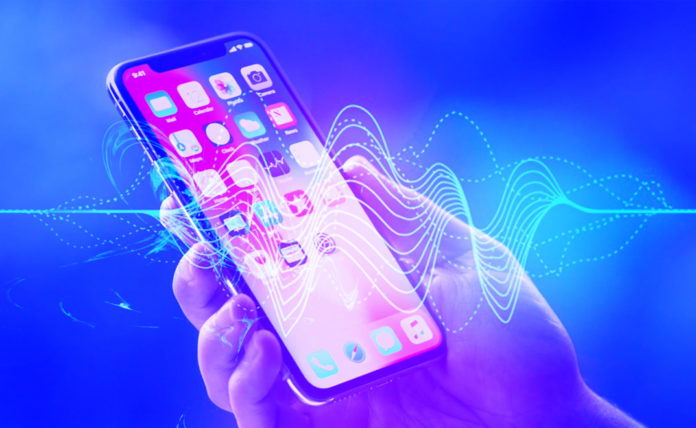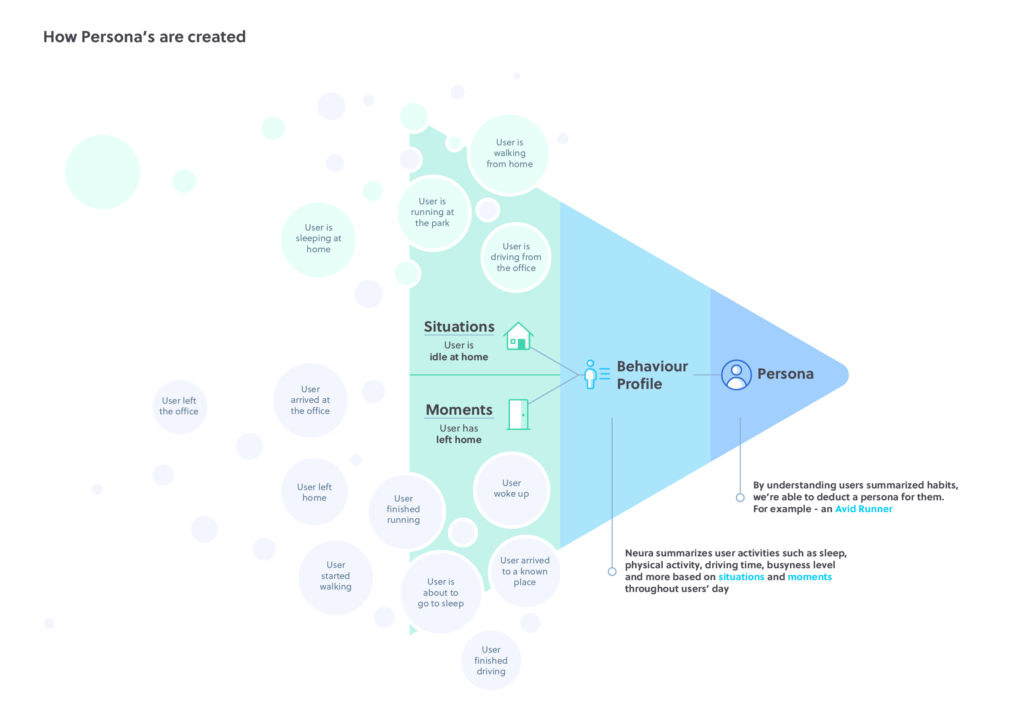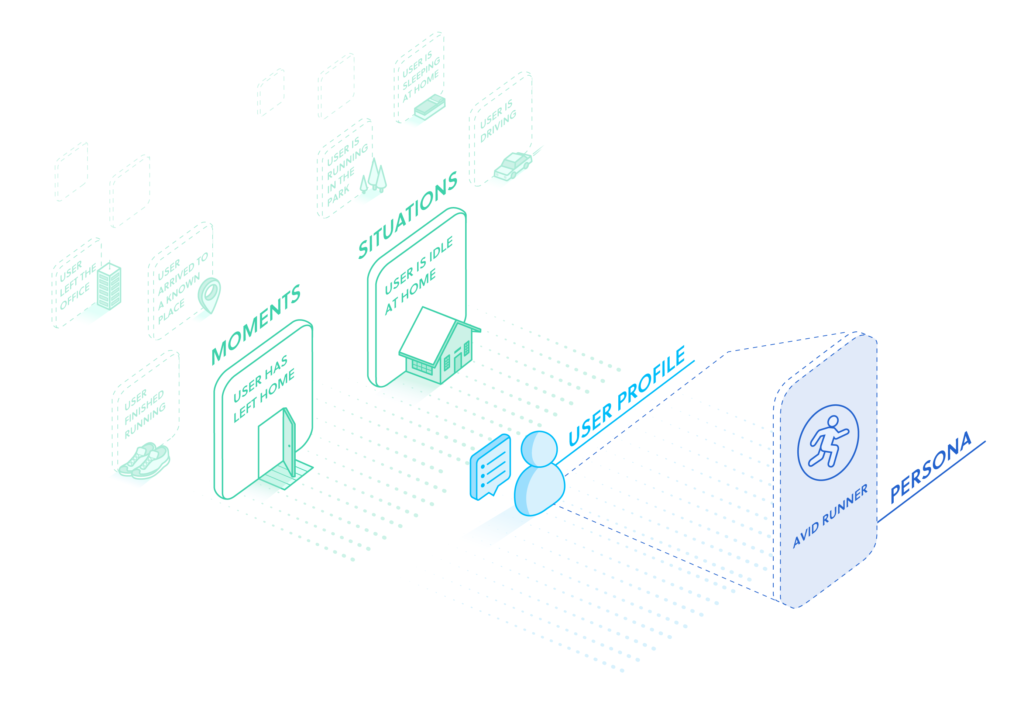
Until today, there’s been a significant gap between online personas and what actually happens in the real world. Unfortunately, the limits of only deriving information from online searches and website visits means web personas are in danger of being overly skewed to an aspect of a visitor’s life that is not as important in their real life. In addition, searches and visits for work or someone else accessing the same account could even result in erroneous personas. For example, single people with young nieces and nephews can attest to the multiple ads they see for toys and cartoon DVDs following the Christmas season. Even with these occasional “false positives,” the degree of online personalization is impressive and ubiquitous. It is now expected and surprising when an online desktop experience isn’t personalized.
But, according to research company Statista, 87.4% of the US mobile market will be using smartphones by the end of 2018. That’s a lot of people using apps and websites, often without support of cookies. This makes it impossible for personalization to extend to the mobile experience through the legacy approach. When personas have been used in the mobile world they significantly lagged behind what was possible from a desktop. Until recently, mobile app personas have often been limited to broad segmentation, such as age and gender.
Fortunately, just as smartphones are becoming omnipresent, machine learning and AI have reached the point that we are now able to bring physical world knowledge of situations, moments, and user behavior into the mobile experience. Leveraging personas based on real world data enables brands, apps, and IoT manufacturers to deliver experiences that are personalized in a way that fits each user’s lifestyle. For example, it doesn’t matter if you’ve made multiple web searches for toys over a three-week period, if in the real-world you never go to a school, daycare, or playground. If instead your usual activities include running several times a week, your persona is likely to be an avid runner, something that wouldn’t necessarily be realized if you are purchasing running shoes and clothes at a local athletic store.
Neura’s process for determining an end-user’s persona begins with learning each user’s preferences and real-world daily habits. This is done by integrating the Neura SDK into an app that then starts to pull data from the smartphone’s sensors as well as WiFi and Bluetooth signals. This information is feed into Neura’s hybrid AI engine, which analyzes and predicts. End-user personas, insights and engagement opportunities are accessed via specific API calls.
Neura Personas learn each user’s preferences and habits. Deep machine learning enables the Neura AI Engine to understand a user’s day. By understanding each user’s situations and moments, Neura predicts user behavior, such as sleep, physical activity, driving time, level of work, etc. This enables personalization of products and services to match each user based on behavior and traits they exhibit in their offline lives.

By understanding users’ personas in the physical world, product companies and apps are able to create 1:1 experiences at scale. When you extend this to understanding how users engage with a service at a particular moment in their day, personas become actionable intelligence that enables products to be both personalized and improved to match how they are actually being used, while discovering additional opportunities to engage users with the most relevant content and experience.
About the Author
 Kris Bondi is a seasoned marketing professional with more than 20 years of international marketing experience. Kris brings her history of creating hockey stick adoption, prominent brand reputation, and substantial mindshare to her role. Prior to joining Neura as CMO, Kris served as Vice President of Global Marketing for Iron.io, a leader in the serverless computing space. Her background includes deep expertise in technology marketing with previous stints at Moka5, TIBCO, and Mashery. While at CNW Consulting, Kris advised global brands on GTM and strategic positioning. Her clients included Visa, Starbucks, NEC and Qlik. Kris holds a BA in communications rhetoric and political science from the University of Pittsburgh.
Kris Bondi is a seasoned marketing professional with more than 20 years of international marketing experience. Kris brings her history of creating hockey stick adoption, prominent brand reputation, and substantial mindshare to her role. Prior to joining Neura as CMO, Kris served as Vice President of Global Marketing for Iron.io, a leader in the serverless computing space. Her background includes deep expertise in technology marketing with previous stints at Moka5, TIBCO, and Mashery. While at CNW Consulting, Kris advised global brands on GTM and strategic positioning. Her clients included Visa, Starbucks, NEC and Qlik. Kris holds a BA in communications rhetoric and political science from the University of Pittsburgh.




